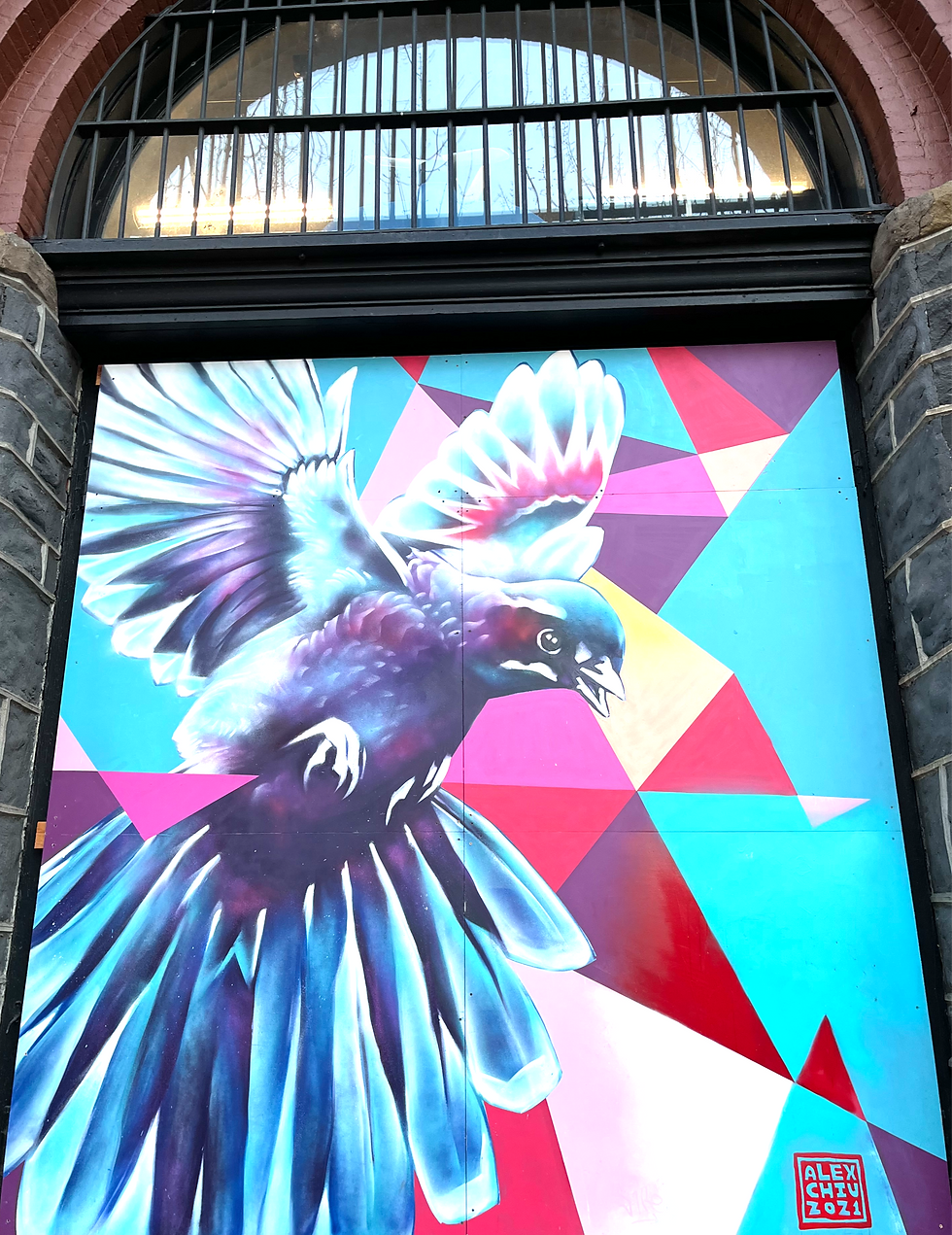Unlocking the Power of Reflection
- mariezschumacher
- May 10, 2024
- 3 min read
Updated: May 30, 2024
“We do not learn from experience.
We learn from reflecting on experience.”
This quote from John Dewey sums up my biggest takeaway from grad school. The concept was hammered into me in education school at UC Berkeley, and once again when I TA’ed at the Mills College School of Education.
Reflection can mean a lot of things, but I like to define it as our formal attempt to articulate and synthesize the key lessons taught by experience. And through study as well as years of teaching, I have come to believe that reflection is the cornerstone of effective learning, for children and adults alike.
I brought a reflection habit with me into my teaching of elementary and middle school students, then to my work with high schoolers and adults. I also folded the practice into my work as a program director, HR manager and working musician. Today, it’s an integral part of my coaching work.
How does reflection help us?
First off, reflection gives our brains the space and time to add new information to its existing pathways of knowledge. Without the opportunity to reflect on lessons learned, our minds struggle to attach new knowledge to the knowledge we already have.
Reflection also helps us sketch out our future plans with intention and perspective. In reflecting, we pinpoint areas of improvement while the memories of our experience are fresh. And putting our reflection into action is a key part of its power.
One other benefit of reflection is how it counters negativity bias. Reflection gives us the space to acknowledge the progress we’ve made and all that we’ve learned. This is an important tool for reframing failure as information to be applied to the next round. Things generally don’t go according to plan, and I know I often suffer disappointment when projects don't live up to my initial vision. Reflection helps me appreciate what went well and what could go better next time. It also helps me recognize the unexpected positives that come from my efforts. |
What does effective reflection look like?
Reflection is an activity with an endpoint. It’s an experience that involves responding to powerful questions or taking part in a focused conversation. It’s not rumination, where thoughts can cycle indefinitely and unproductively.
Reflection focuses on lessons learned, usually about yourself. It can include celebrating the wins and mourning the losses, but it’s all in the service of learning and growth.
Reflection conversations can happen 1-on-1 or in groups. It can work well to have a facilitator or coach to guide the flow of the conversation and make sure that important learnings are highlighted, appreciated, and documented. 1:1 peer reflection is also a nice option, where people trade roles and take turns reflecting vs facilitating.
Reflective writing can deepen those lessons learned in your brain, even if it is not shared with others. The structure can take many forms, so long as the focus stays on learning and growth. That said, it's also therapeutic to vent on paper and get those tough feelings out along the way!
Insights from reflection need to be put into action, or else the learning opportunity is limited. True reflection includes a plan for putting those lessons learned into practice.

Here are a few questions to get the reflection ball rolling after a big project or experience, either in a conversation or in writing:
What are you feeling most proud of?
What has been challenging or painful for you?
What did you learn about the work through this experience?
What did you learn about yourself through this experience?
Based on all this, what do you want to remember moving forward?
Based on all this, what do you want to do moving forward?
Like so many practices, reflection is a simple idea to understand and a hard one to apply. It's never easy to slow down and take stock in our non-stop world. But establishing a reflection habit can make all the difference in retaining and integrating information, getting a balanced and compassionate perspective on our efforts, and leveraging the learnings from all that we do for our future endeavors.
For a Deeper Dive into Reflection and Learning:
by James R. Bailey and Scheherazade Rehman, March 04, 2022
by Patrick Kayton, February 18, 2021
by Michelle Gill, December 10, 2019
by Jeremy Sutton, Ph.D., June 4, 2021







Great points about reflection! After reading this article for a second time I realize that what I often think of as reflection is just a mulling over of some unverbalized angst (why don't I have more time/money/opportunities/etc) rather than the "effective reflection" you've cited here. We're all so much more complex than we give ourselves credit for and perhaps true reflection, particularly when we involve writing and honesty, is a way of effectively distilling our experience so that we can then take a different course (action). Reflection is an interesting word because it seems to have two meanings - the mirroring of an image and the process of self examination - but those meanings are closely related. When I look…